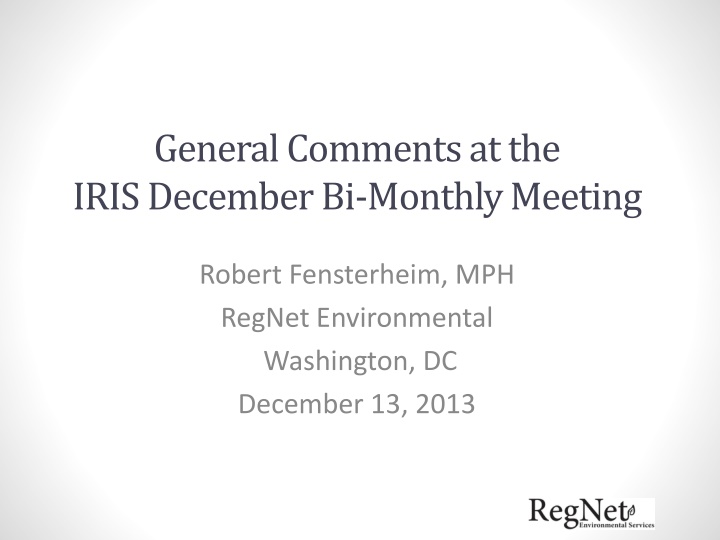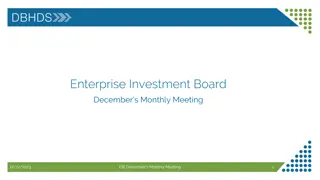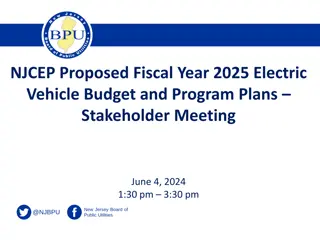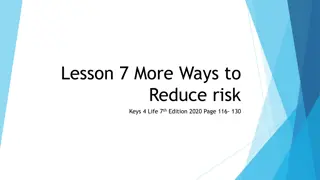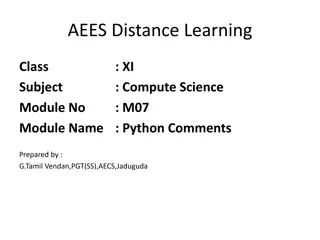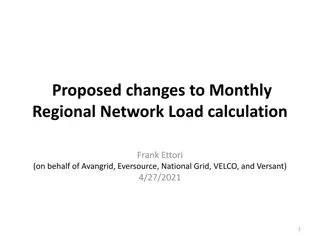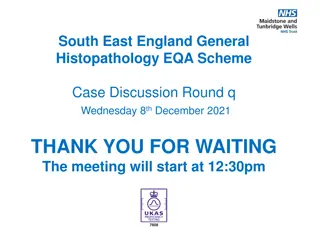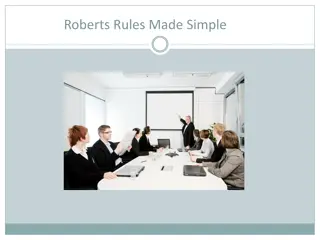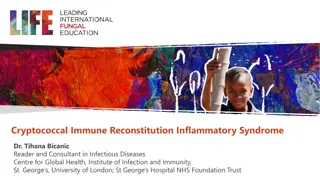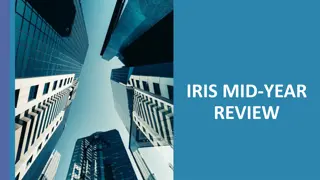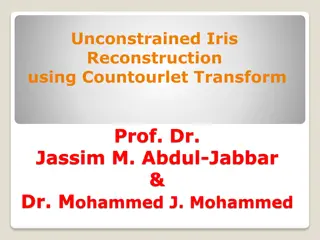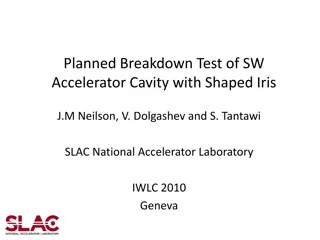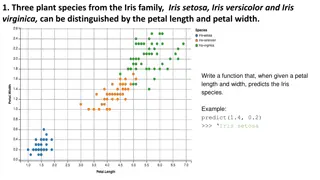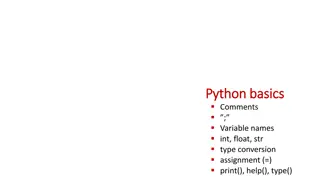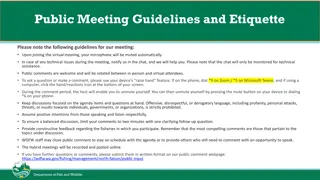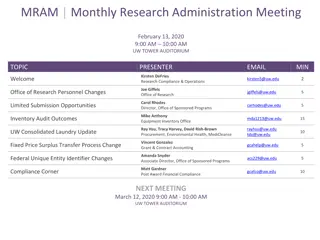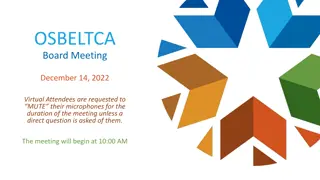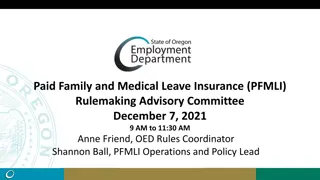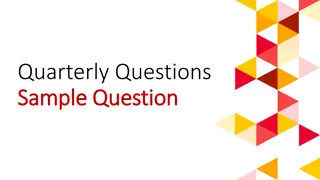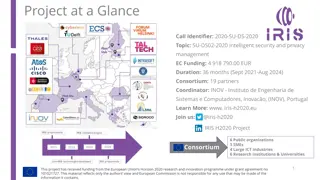IRIS December Bi-Monthly Meeting: General Comments on Stopping Rules and Research Opportunities
General comments were made at the IRIS December Bi-Monthly Meeting regarding the Stopping Rules document and research opportunities for NCEA to enhance the quality of assessments. Concerns were raised about the restrictions on published/unpublished research and the potential misinterpretations of the Stopping Rules that may hinder scientific advancements. Suggestions were made to revise the Stopping Rules document to reflect the importance of unpublished studies and uncertainties identified during research meetings.
Download Presentation

Please find below an Image/Link to download the presentation.
The content on the website is provided AS IS for your information and personal use only. It may not be sold, licensed, or shared on other websites without obtaining consent from the author.If you encounter any issues during the download, it is possible that the publisher has removed the file from their server.
You are allowed to download the files provided on this website for personal or commercial use, subject to the condition that they are used lawfully. All files are the property of their respective owners.
The content on the website is provided AS IS for your information and personal use only. It may not be sold, licensed, or shared on other websites without obtaining consent from the author.
E N D
Presentation Transcript
General Comments at the IRIS December Bi-Monthly Meeting Robert Fensterheim, MPH RegNet Environmental Washington, DC December 13, 2013
Agenda Stopping Rules Document Research Opportunities for NCEA To Promote/Upgrades Science/Quality of Assessments Imaginary/Futuristic Step 1 and Step 4 Meetings Well Deserved Compliments 2 13 December 2013
STOPPING RULES 3 13 December 2013
Page 2 IRIS Stopping Rules 07/31/13 5 13 December 2013
Stopping Rules Need Revision Stopping Rules (SR) document intended to serve useful purpose to control when new information will be considered and not delay progress As written, gives some misimpressions but more importantly, could be interpreted to limit opportunity/interest to upgrade the science Some Concerns: Published/Unpublished Research 5 13 December 2013
Stopping Rules: Published/Unpublished Impression given that EPA will only rely only on publications published, accepted and (perhaps) submitted While journal publication is important, should not be a condition precedent to EPA s use Note: Recognizes this may not have been EPA s intent and that the IRIS Office will (and has) used unpublished studies (recent Evidence Tables) If correct, why not reflect this in a revised SR document. 6 13 December 2013
Stopping Rules: Research SR can be misinterpreted to give impression that the IRIS program does not care much about research. SR document says: After Step 1 meeting: EPA will no longer consider studies unless they have been accepted for publication SR does not take into consideration that Step 1 meeting might identify uncertainties, data needs that could significantly reduce the uncertainties and enhance the quality of the subject chemical assessment and/or even a broader topic. Also, studies/data generated may not get submitted for publication 7 13 December 2013
Imagine: Stakeholder Meeting #5 8 13 December 2013
IMAGINE: Step1 Meeting IRIS Office presents preliminary evaluation including: Problem Formulation (if not previously presented) and/or updates since Meeting #3 (or last time EPA presented) Key features/observations from expanded, qualitative and qualitative Evidence Tables including preliminary take on: Endpoints of likely concern and associated key studies Uncertainties/limitations thus far identified Possible ways to address uncertainties/limitations including research initiatives both short and longer term potentially extending beyond the timeline for the current IRIS assessment Science-policy issues that need to get sorted out and approaches being considered How the issues on subject chemical might relate to other chemicals and/or other things going on 9 13 December 2013
IMAGINE: Step1 Meeting EPA s preliminary perspectives on what commenters had to say, as a lead in to a robust dialogue including: Changes being considered based on comments New issues that might need to be revisited Questions/confusions that need clarification NOTE: A larger room might be needed because Stakeholders will be interested in hearing discussions first-hand EPA s views Academics will be there to get insight into research that they might want to undertake (and maybe funding). 10 13 December 2013
Imagine: Step 4 Meeting New Format, which was adopted during Stakeholder Meeting #5 Rather than Stakeholders present a summary of their written comments, EPA would start by presenting not just an overview of the draft assessment, but allocate more attention to: Highlights from public comments received, including preliminary views on: Issues EPA intends (or is considering) revisiting before peer review Issues EPA is not inclined to address and why Issues EPA did not fully understand/needs further discussion Issues that trigger policy/ broader consideration that are cross cutting (e.g., pooling epi data) EPA preliminary plans for next steps 11 13 December 2013
